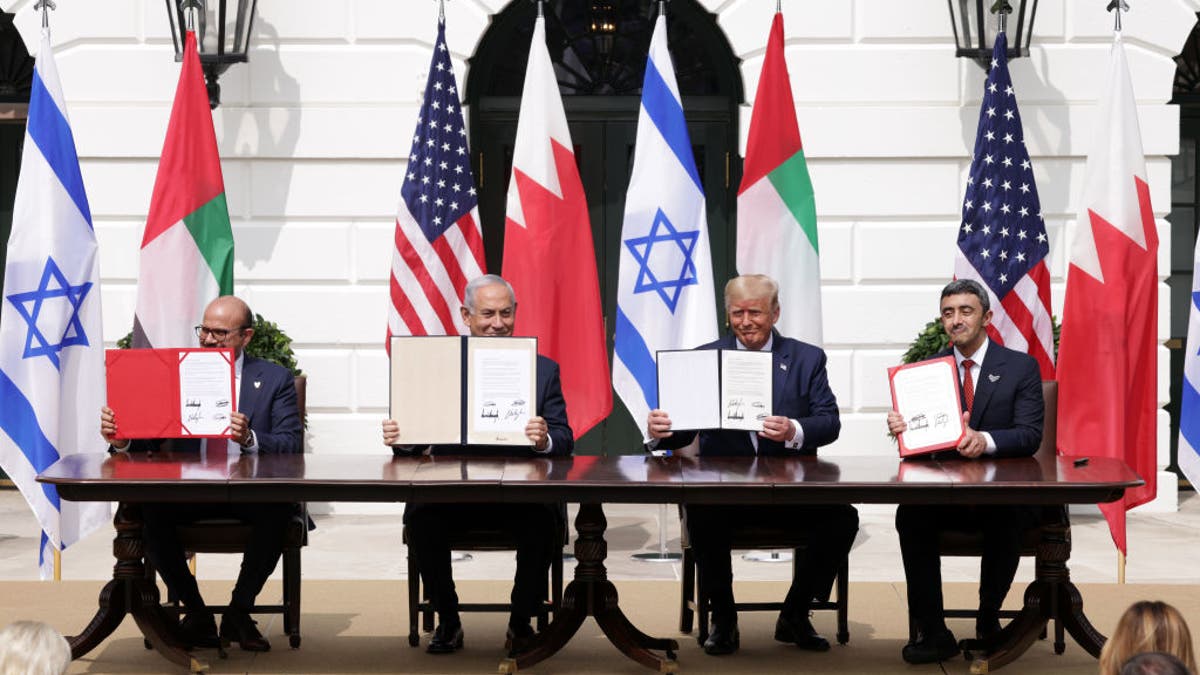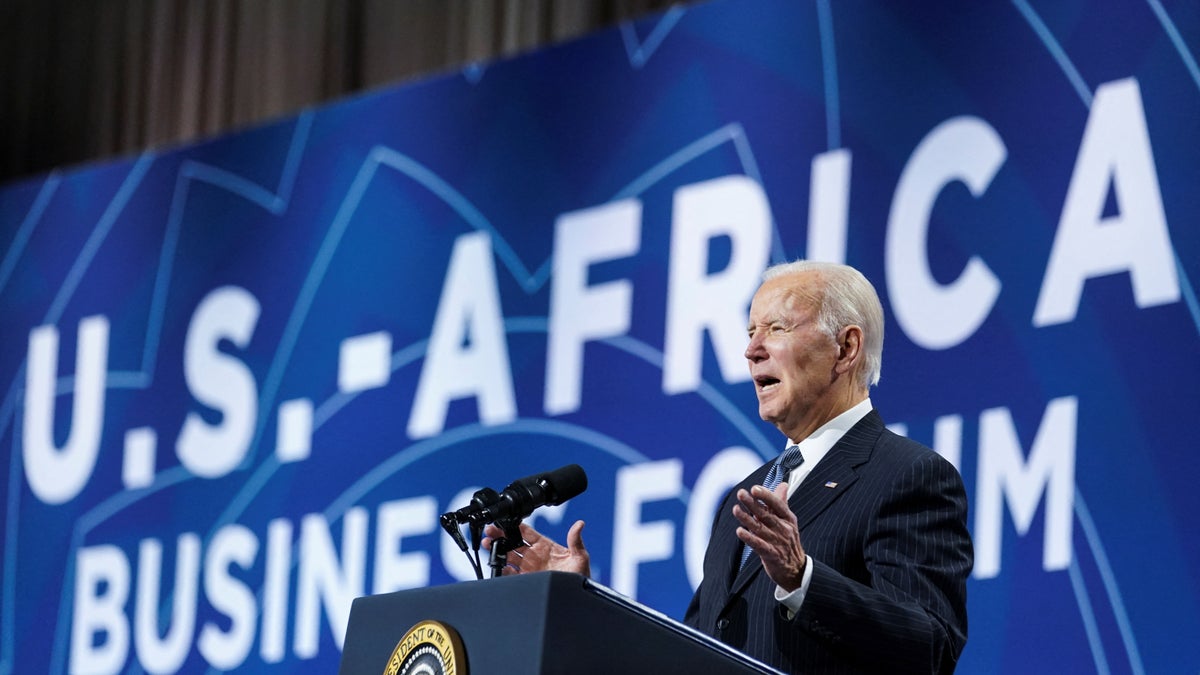A bipartisan group of US lawmakers, led by Representative Cory Mills (R-FL), is urging the Biden administration to broaden the scope of the Abraham Accords to encompass African nations. In a letter addressed to Secretary of State Antony Blinken, the lawmakers emphasized the strategic importance of expanding the Accords to counter the growing influence of China and Russia in the region.
The Abraham Accords, initially brokered by the Trump administration in 2020, normalized relations between Israel and several Muslim-majority countries, including the UAE, Bahrain, Morocco, and Sudan. The congressional letter argues that extending this framework to Africa is crucial for promoting stability and sovereignty on the continent, countering the destabilizing efforts of American adversaries.

The lawmakers specifically requested a detailed response from the State Department outlining its current and future plans for implementing a strategy to advance Israeli normalization in Africa and expand the impact of the Abraham Accords there. Rep. Mills expressed concern over the Biden administration's perceived lack of action in furthering the Accords and expanding diplomatic and trade ties with Israel.

Highlighting the strategic importance of Africa, Rep. Mills cautioned against the increasing influence of countries like Iran, Russia, China, and North Korea on the continent. He emphasized the role of Africa in China's Belt and Road Initiative and the importance of strengthening alliances to bolster Israel's position in the Middle East. He suggested potential target countries for expanded diplomatic relations with Israel, including Algeria, Libya, Mali, Niger, Tunisia, and Somalia, while acknowledging potential resistance from some nations.

Alberto Fernandez, former US charge d'affaires in Sudan and current vice president of the Middle East Media Research Institute (MEMRI), described the bipartisan letter as a crucial step towards reshaping the dynamics in Africa. He pointed out the existence of an anti-normalization coalition within the African Union and the need to strengthen relationships with countries aligned with the Abraham Accords. He noted the varying levels of progress among the current participants in the Accords and identified certain countries, such as Tunisia and Algeria, as being resistant to improved relations with Israel.



Fernandez criticized the Biden administration's pursuit of a new nuclear deal with Iran, characterizing it as detrimental to the Abraham Accords. As of the time of reporting, the State Department has not issued a response to the congressional letter.







